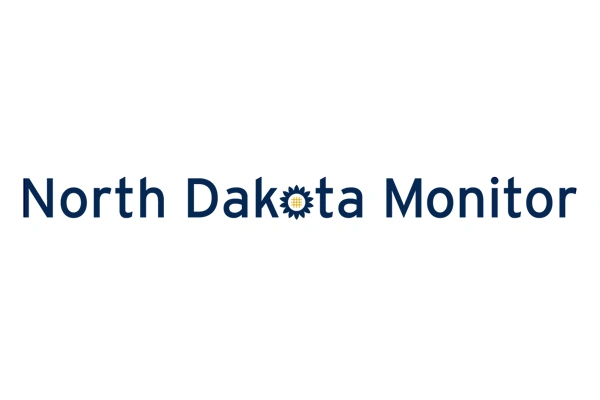The following commentary was written by Faye Seidler and originally published on the North Dakota Monitor. The source article is available by link at the bottom.
Between April and May of 2023, Gov. Doug Burgum signed into law eight bills targeting trans individuals. These bills covered items such as banning medically necessary care, restricting where trans individuals can exist, and defining sex based solely on features existing at birth.
The general consensus is there were approximately 20 total bills targeting LGBTQ+ individuals in some way or another starting the 2023 legislative sessions; however, many were significantly altered to no longer include queer individuals, merged into other bills, or defeated.
The North Dakota legislative branch has no transgender representatives among the 141 lawmakers who voted on those bills, with only two openly LGBTQ+ members. The majority of the LGBTQ+ bills were sponsored by just a handful of districts, lawmakers and lobbying groups.
Since the passage of these laws, the North Dakota trans medical ban, House Bill 1254, is being challenged in court. Similar challenges and lawsuits are occurring across the nation, with the 4th U.S. Circuit Court of Appeals recently ruling that it is discrimination to deny trans individuals medically necessary care. While courts typically rule in favor of trans plaintiffs, the law is being tested at every level with conflicting decisions and uncertainty where rights will ultimately fall.
All major medical associations in America support access to gender-affirming care. The American Psychological Association, in 2024, released a policy statement that APA President Cynthia De Las Fuentes said, “sends a clear message that state bans on gender-affirming care disregard the comprehensive body of medical and psychological research supporting the positive impact of such treatments in alleviating psychological distress and improving overall well-being for transgender, gender diverse and nonbinary individuals throughout their lives.”
North Dakota Youth Risk Behavior Survey data shows that 1.7% of our youth are transgender, or approximately 800 middle and high school trans students in our state. Outside of the legal or medical considerations, trans youth in our state express uncertainty over their future, dread at suffering permanent unwanted changes to their body, confusion and barriers to accessing medically appropriate care, and injustice within the school systems.
The medical ban was not the only potentially harmful piece of legislation. House Bill 1522 creates a number of restrictions and guidelines on how schools treat transgender youth. Fargo Public Schools publicly renounced this bill due to fear it would decrease safety and increase suicidality. Grand Forks Public Schools echoed this fear, but lamented they had to enact the bill anyway.
What continues to be lost within the political rhetoric, law, and policy is our trans kids. Trevor Project reports that a third of queer youth don’t expect to live to the age of 35, 90% have been negatively impacted by politics, and nearly half are considering moving due to politics.
It is my experience from talking to parents and queer youth that schools are seen as scary. They’re not consistent in policy, and staff seem to make up rules. I have heard accounts of bullying, stalking, violence, outing kids to parents resulting in bad situations, and a culture of fear and hopelessness. What the collective laws of North Dakota have done is not stop kids from being trans, but stop many trans kids from having access to support, safety, and hope. It has opened them up to many risk factors we see reflected in state data.
I have heard from many families who have left the state due to fear, stories of people who won’t move here because it might not be safe, and terror from doctors, social workers, and teachers that are faced with possible dilemmas of choosing between violating either state law or professional ethics. All of which makes recruitment and retention for these professions more difficult.
Despite the barriers in our state there are many general opportunities to keep LGBTQ+ youth safer. All youth should have a basic understanding of our 988 crisis and lifeline for when they feel overwhelmed or suicidal, access to therapy, and a strong message they are loved. Also, the Biden administration just finalized a rule that makes protections for transgender students “crystal clear” and has since been sued by some Republican-led states, including North Dakota. This back and forth has been going on since the Obama administration. What hasn’t been determined yet is where the Biden administration will rule on trans athletes, but a study commissioned by the International Olympic Committee shows trans women at a disadvantage in sports and comparable bone density to cis women.



